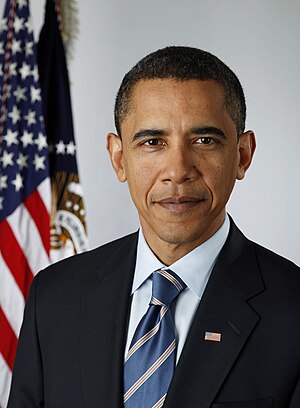Gen.
Martin Dempsey,
chairman of the U.S. Joint Chiefs of Staff, is scheduled to arrive in Israel on Thursday for talks with Defense Minister
Ehud Barak, Chief of Staff Lt. Gen.
Benny Gantz, and other senior defense and intelligence officials.
The visit comes as the
United States attempts to coordinate with Israel on the issue of
Iran's nuclear capabilities, and to determine Israel's intentions with regard to a possible attack on Iranian nuclear facilities.
 | Joint Chiefs Chairman Army Gen. Martin Dempsey speaks about "Security and Partnership in an Age of Austerity," Friday, Dec. 9, 2011. |
| Photo by: AP |
Dempsey may also meet with Prime Minister
Benjamin Netanyahu.
Ahead of Dempsey's visit, the
Wall Street Journal published statements by senior American officers who said the United States had increased preparations for a possible Israeli attack on Iran. They also said the United States has refreshed plans for defending American installations in the Middle East in the event of a retaliation by Iran.
One senior officer told the Wall Street Journal that the United States' concerns regarding a possible Israeli attack on Iran were increasing.
In November, following a visit to Israel by U.S. Defense Secretary Leon Panetta, Haaretz reported that Netanyahu and Barak had refused to vow against attacking Iran without first coordinating with the United States.
According to the Wall Street Journal, both
U.S. President Barack Obama and Panetta have conveyed messages through quiet channels to senior Israeli officials regarding the serious implications of an Israeli attack on Iran. They also reportedly told Israel it should allow more time for sanctions on Iran to take effect.
In the meantime, the United States is preparing for various scenarios following an Israeli attack on Iran, senior American officials reportedly told the Wall Street Journal. These include an attack by Shi'ites in Iraq on the U.S. Embassy in Baghdad. There are currently 15,000 U.S. citizens in Iraq.
Dempsey's visit to Israel also comes against the backdrop of increased tension between Iran and the West over Tehran's threats to close the Straits of Hormuz, which would compromise oil shipments to the West, and threats to avenge the recent assassination of an Iraqi nuclear scientist on Wednesday. The regime is accusing Israel, the United States and Britain of the assassination.
U.S.
Secretary of State Hillary Clinton has denied responsibility for the attack. Israeli President Shimon Peres said Israel had no role in the attack, to the best of his knowledge.
The spokesman for Iran's Joint Armed Forces Staff, Massoud Jazayeri, said: "Our enemies, especially America, Britain and the Zionist regime [Israel], have to be held responsible for their actions." According to a report in the New York Times on Friday, senior American officials
said Obama recently told the supreme leader of Iran, Ayatollah Ali Khameneii, via a secret channel that closing the Straits of Hormuz would constitute crossing a "red line." Obama reportedly said such an action would draw a severe American response.
Also this weekend, Netanyahu said in an interview with the Weekend Australian that he believed the strong
sanctions against Iran were damaging the regime in Tehran. He said he thought a combination of the sanctions and the threat of U.S. military action against its nuclear facilities could force Iran to back down.
Netanyahu said the Iranian economy was "showing clear signs of stress."
"For the first time," he said, "I see Iran wobble under the sanctions that have been adopted and especially under the threat of strong sanctions on their central bank."
Netanyahu's remarks notwithstanding, a senior Israeli official told Haaretz yesterday that there was disappointment in Jerusalem over the fact that harsher sanctions have not been imposed on Iran.
"Without sanctions on Iran's central bank and on its oil exports, the regime will not back down and will not stop its nuclear program," the official said.
Read this article in Hebrew








